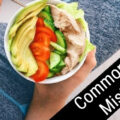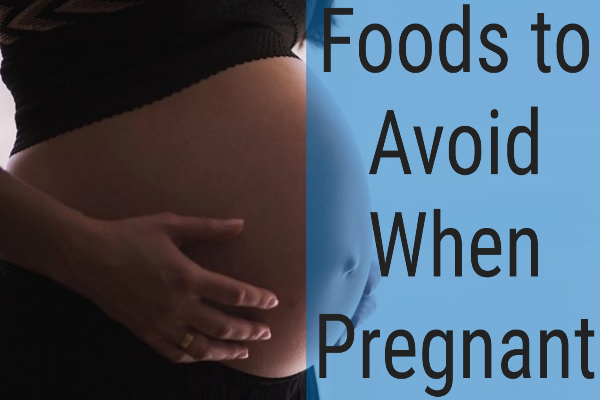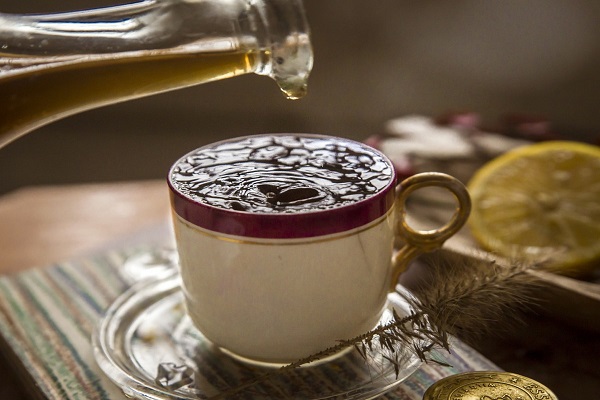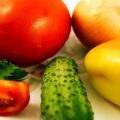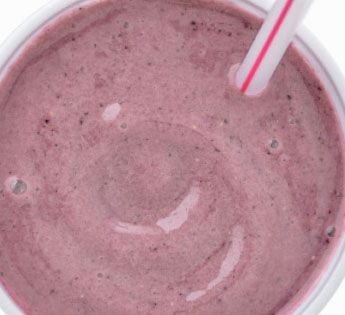
“A newborn baby only has three demands. They are; warmth in the arms of their mother, food from her breasts and security in the knowledge of her presence. Breastfeeding satisfies all three.” This is a quote by Grantly Dick-Read from the early 20th century which is still very true today. Now, while a baby demands a lot from the mother and life postpartum isn’t any easier when you have to wake up late in the night to breastfeed, the sacrifice is a gift to both mother and baby. You have to maintain the integrity of your baby’s main food until they are weaned by ensuring you don’t include certain types of food that might contaminate or reduce the milk. Here are the top 10 foods that you should avoid until your baby is weaned.
Coffee
The urge to have a cup of coffee in the morning is always high, especially when you have to stay up late and wake up at odd hours when dealing with the baby. Caffeine has a negative impact on the quality of your breast milk though. Caffeine reduces the quantity of iron in breast milk which can cause your baby to be anaemic since they need iron to transport oxygen through the body. You should therefore cut your coffee intake to less than three cups a day.
Chocolate
Chocolate contains caffeine as well so you might want to cut down on the quantity you consume. Chocolate has a laxative effect on some babies and may cause others to have trouble sleeping. Babies’ bodies aren’t prepared to process caffeine the same way adults are. You can have a little chocolate but if you notice negative side effects on the baby, you should cut it out altogether.
Peanuts
Just like chocolate, peanuts are a grey area for breastfeeding mothers. If you have a history of peanut allergy in the family or you aren’t so sure, it would be wise to limit the number of peanut products you eat. You should also look for signs such as rash, wheezing, difficulty in breathing or hives in your baby when you eat peanuts because they may be signs of allergy. If there is no reaction and no history of allergy, then you can eat peanuts because they are very healthy.
High Mercury Fish
Breastfeeding mothers need to eat fish because it is a source of omega 3 that you can’t find in other types of food. Omega 3 fatty acids are vital for the immunity and brain development in babies which is why breastfeeding mothers need 8 to 12 ounces of low mercury fish a week. Mercury does the exact opposite of omega 3, causing delays and impairments in children and some of the effects of mercury on babies could be fatal. You should therefore avoid all high-mercury fish such as shark, marlin, bigeye tuna, king mackerel and other big fish that tend to feed on other fish.
Alcohol
Both pregnant and breastfeeding mothers have to stay away from alcoholic drinks because it affects the psychomotor and cognitive development of babies. A baby’s body is not ready to process alcohol either and some of the side effects may not come until later in life. The more alcohol you drink, the longer it stays in your system and the more of it goes into breastmilk. Alcohol also causes your body to cut breastmilk production by up to 20% which can be terrible for the baby. Keep in mind that alcohol does not really have a great reputation in human society. Sure, it can sometimes be a respite, a mode of entertainment, or a way to let out the anguish, but too much consumption of it can invite troubles and the necessity for making frequent visits to an addiction treatment facility.
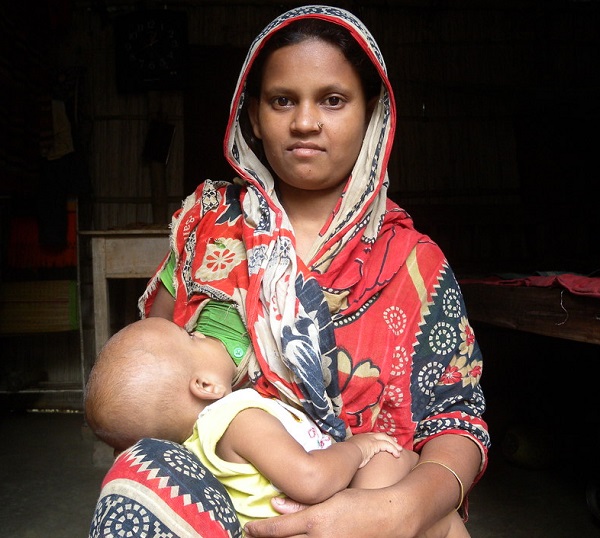
Peppermint And Parsley
Both of these are great spices and they help you get a fresh breath after a meal or a long day at work. While a little peppermint tea won’t affect your breastmilk immediately, prolonged consumption of large quantities will not help your prospects. Parsley also has similar effects and even candies made from peppermint oil have been discovered to cause a fall in the volume of breastmilk. Some babies also find the smell of peppermint and parsley off-putting and may have trouble breastfeeding.
Garlic
You don’t have to cut it out altogether but you may want to watch your quantities or take it at least an hour or two before breastfeeding. While garlic is good for your gut health and digestion, babies don’t like its taste and smell when it sips into breastmilk. You may notice a reluctance to breastfeed which may affect their health if you take lots of garlic frequently.
Heavily spiced foods
The heat and flavour spices bring to your food may interest you but your baby’s taste buds and body aren’t ready for most of that. Eating hot peppers may irritate your baby for a long time and the same goes for other hot spices that adults love. You should therefore eat in small quantities if you have to and cut out everything that your baby can’t withstand.
Cows Milk
Not only could your baby have a food intolerance to a protein in cow’s milk, but drinking unfiltered pure cows milk is actually banned in some countries for everyone! While it is rare to find this form of pure cow’s milk these days it does exist and is definitely not something someone who is breastfeeding should consume.
Highly Processed Foods
The nutritional profile of your breastmilk is largely dependent on the food you eat while breastfeeding. The flavours and sugar quantities you take while breastfeeding will also affect your baby’s dietary preferences as they grow up. Highly processed foods are high in calories, saturated fats, sodium and chemical preservatives which are harmful to you and the baby. They don’t have any fibre or protein which your body needs to keep producing a steady supply of healthy breastmilk.
If you know of any other foods people should avoid while breastfeeding do let us know in the comments below!
